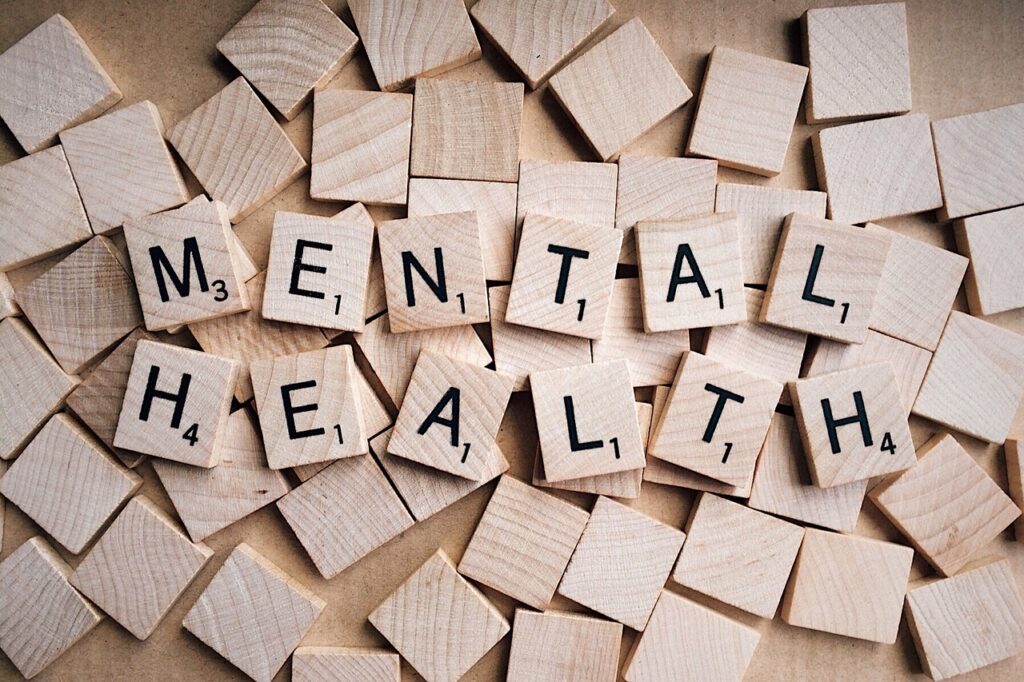In our fast-paced world, where stress and mental health challenges are increasingly common, finding effective ways to manage and enhance our well-being is more important than ever. One of the most accessible and impactful strategies is regular exercise. While most people are aware of the physical benefits of exercise—such as improved cardiovascular health and muscle strength—its mental health benefits are equally profound and deserving of attention. This comprehensive guide explores how regular exercise can significantly improve mental well-being and provide practical tips for incorporating physical activity into your daily life.
The Science Behind Exercise and Mental Health
Exercise influences mental health through a variety of physiological and biochemical mechanisms. When you engage in physical activity, your brain releases a host of beneficial chemicals, including:
- Endorphins: Often referred to as the body’s natural painkillers, endorphins interact with the receptors in your brain to reduce the perception of pain and produce a positive feeling. This is often described as the “runner’s high.”
- Dopamine: Known as the “feel-good” neurotransmitter, dopamine is associated with pleasure and reward. Exercise stimulates dopamine production, contributing to improved mood and motivation.
- Serotonin: This neurotransmitter helps regulate mood, appetite, and sleep. Regular exercise can enhance serotonin levels, which can alleviate symptoms of depression and anxiety.
- Norepinephrine: This chemical is linked to alertness and arousal. Increased levels of norepinephrine from exercise can help improve focus and concentration.

Key Mental Health Benefits of Regular Exercise
- Reduction in Anxiety and Stress
Exercise is a powerful tool for managing anxiety and stress. Physical activity stimulates the production of endorphins and serotonin, which can help reduce feelings of anxiety. Moreover, exercise helps to lower the body’s stress hormones, such as cortisol, leading to a calmer and more balanced state of mind.
- Improvement in Mood
Regular physical activity is strongly associated with improved mood. Studies have shown that exercise can be as effective as medication for some people in reducing symptoms of depression. Activities such as walking, jogging, and cycling can elevate mood and provide a sense of accomplishment and well-being.
- Enhanced Cognitive Function
Exercise is not only beneficial for emotional health but also for cognitive function. Regular physical activity has been linked to improved memory, concentration, and overall cognitive performance. It promotes brain health by increasing blood flow to the brain and stimulating the growth of new brain cells.
- Better Sleep Quality
Quality sleep is crucial for mental health, and exercise can significantly improve sleep patterns. Engaging in physical activity helps regulate your sleep cycle and can lead to deeper and more restorative sleep. Just be sure to avoid vigorous exercise too close to bedtime, as it might have the opposite effect.
- Increased Self-Esteem and Confidence
Setting and achieving fitness goals can enhance self-esteem and confidence. Exercise helps you feel more capable and in control, which can translate into improved self-worth and a positive self-image. As you see physical improvements and achieve personal milestones, you gain a sense of accomplishment that boosts your overall confidence.
- Social Interaction and Support
Group exercise activities, such as fitness classes or sports teams, provide opportunities for social interaction and support. Building connections with others who share similar fitness goals can foster a sense of community and reduce feelings of loneliness and isolation.
- Mindfulness and Stress Relief
Many forms of exercise, such as yoga and tai chi, incorporate mindfulness and relaxation techniques that can further enhance mental well-being. These practices encourage you to focus on the present moment, reduce stress, and cultivate a sense of inner peace.

Incorporating Exercise into Your Routine
Making exercise a regular part of your life can be challenging, especially if you’re just starting out or have a busy schedule. Here are some practical tips to help you integrate physical activity into your daily routine:
- Start Small: Begin with short, manageable workouts and gradually increase the duration and intensity as you build your fitness level. Even a 10-minute walk can have significant benefits.
- Find Activities You Enjoy: Choose exercises that you find enjoyable and fulfilling. Whether it’s dancing, swimming, hiking, or playing a sport, engaging in activities you love will make it easier to stick with your routine.
- Set Realistic Goals: Set achievable fitness goals that align with your lifestyle and preferences. Celebrate your progress, no matter how small, to stay motivated and encouraged.
- Create a Routine: Establish a regular exercise schedule that fits into your daily life. Consistency is key to reaping the mental health benefits of exercise.
- Make It Social: Exercise with friends or family members to add a social element to your workouts. Joining a fitness group or class can also provide motivation and support.
- Listen to Your Body: Pay attention to how your body feels during and after exercise. If you experience discomfort or fatigue, adjust your routine accordingly and allow time for rest and recovery.
Conclusion
Regular exercise offers a multitude of mental health benefits that extend far beyond the physical advantages. From reducing anxiety and stress to enhancing mood, cognitive function, and self-esteem, incorporating physical activity into your daily life can profoundly improve your overall well-being. By understanding the connection between exercise and mental health, you can make informed decisions to prioritize your mental and physical health.
Embrace the positive impact of exercise on your mental well-being and take the first step toward a healthier, happier you. Remember, every small effort counts, and the benefits of regular physical activity are well worth the investment in your mental health.
Feel free to share your experiences with exercise and mental health in the comments below. What activities have you found most beneficial? How has exercise improved your mental well-being? We’d love to hear your stories and tips!


